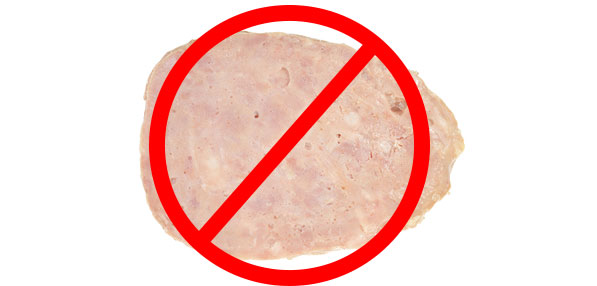What does the new anti-spam law mean for VCH?
On July 1, 2014, Canada’s Anti-Spam Legislation (or “CASL”) comes into force.
We’ve been getting questions about how the new law might apply to VCH, so we thought we would ask Jessica Abells, associate legal council with the VCH Legal Services and Information Privacy Office.
What is CASL?
Read answer
CASL is Canada’s new Anti-Spam legislation that comes into force on July 1, 2014. CASL regulates commercial electronic messages (“CEM”s), which are electronic messages (including emails, text messages and instant messaging) that are meant to encourage the recipient’s participation in a commercial activity. CEMs include messages that:
a) Offer to purchase, sell, barter or lease a product, goods, a service, land or an interest or right in land;
b) Offer to provide a business, investment or gaming opportunity; or
c) Advertise or promote any of the above.
What does CASL mean for VCH?
Read answer
VCH rarely, if ever, sends CEMs; most messages sent by VCH serve no commercial purpose and do not encourage participation in a commercial activity. For example, our Public Health Surveillance Unit sends emails promoting the My Health My Community survey project. These messages are not CEMs because the purpose of the message is to gather information to improve our community’s public health initiatives. Many of VCH’s messages are sent for purely health care related purposes and are therefore not subject to CASL.
CEMs that VCH does send will likely fall under one or more of CASL’s many exemptions, which include messages sent by an individual to a friend or family member and CEMs between employees of the same organization where the message concerns the activities of the organization.
If VCH does send CEMs are not exempt, VCH must conform to certain requirements set out in the legislation or risk administrative penalties.
What should I do if I think I might need to send CEMs?
Read answer
Because VCH is such a large organization, it is difficult to evaluate all the types of electronic messages being sent by VCH programs and departments, and whether and to what extent CASL will apply to those messages. For this reason, each VCH department should take an inventory of the types of electronic messages it routinely sends and determine whether those messages are being sent for a commercial purpose (e.g. messages encouraging staff to take advantage of discounts or sales).
CEM’s that are subject to CASL must conform to certain consent and content requirements. For example, each CEM must contain an unsubscribe mechanism that allows the recipient to opt-out of receiving similar messages in the future. If you think that you or your department is planning to send CEMs, contact Legal Services or Communications to ensure that your messages comply with the law.
What should I do if I am receiving CEMs?
Read answer
Is fundraising a commercial purpose?
Read answer
Is research participation commercial?
Read answer
Who do I ask if I have questions about CASL?
If you are unsure whether messages sent from your department are CEMs governed by CASL or have other questions about CASL, feel free to contact Jessica Abells at legal services at jessica.abells@vch.ca or by phone at (604) 875-5600 extension 22075.
Read the blog
To learn more about the complexities of spam, read Clay Adam’s blog article on the subject.

